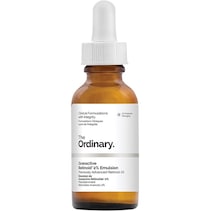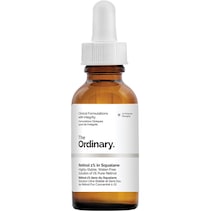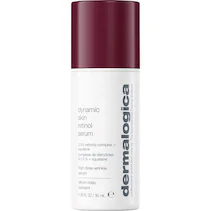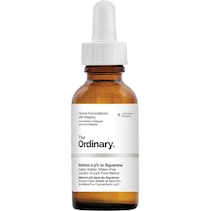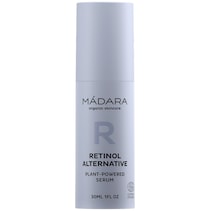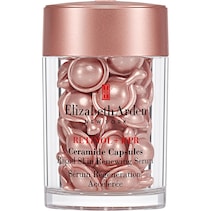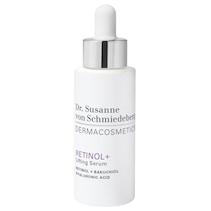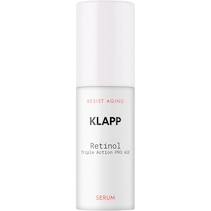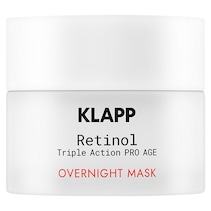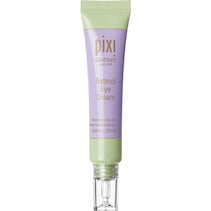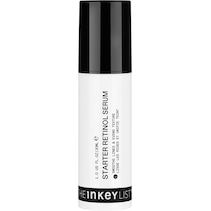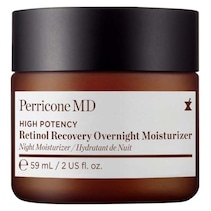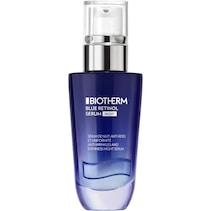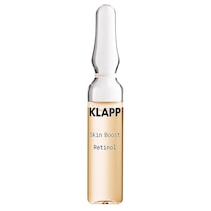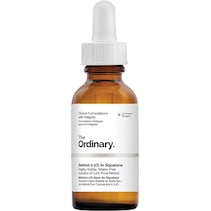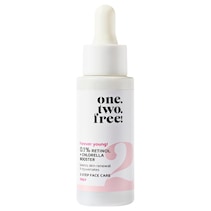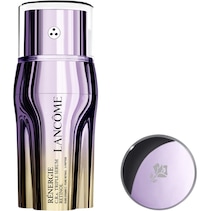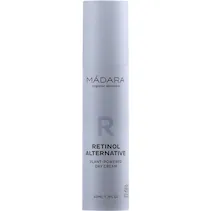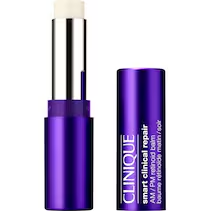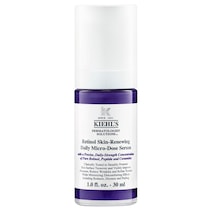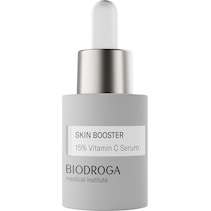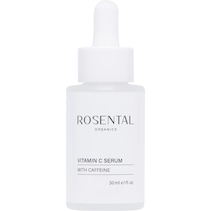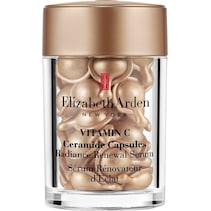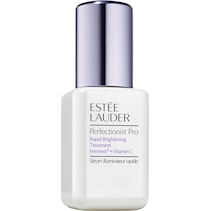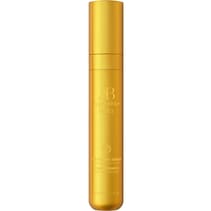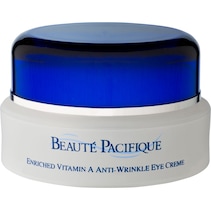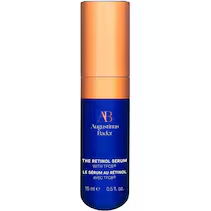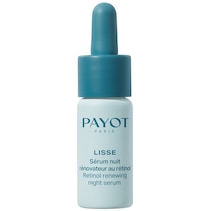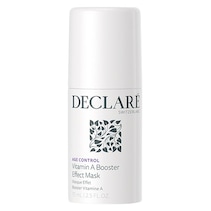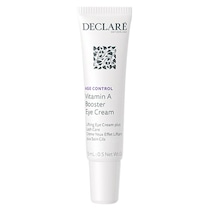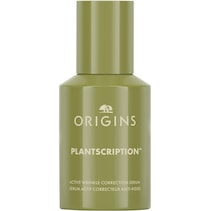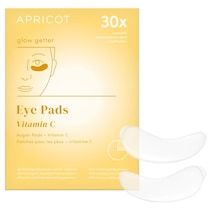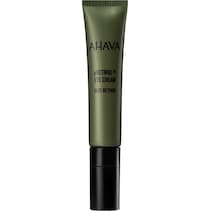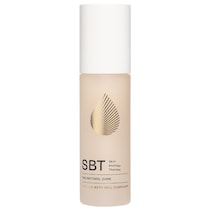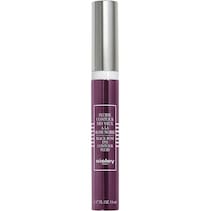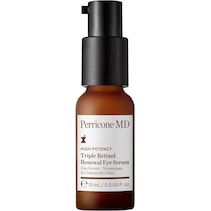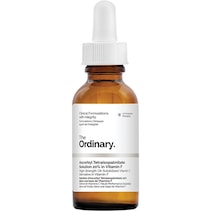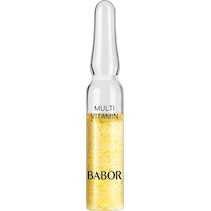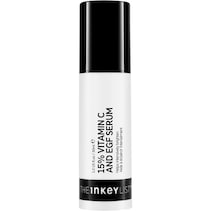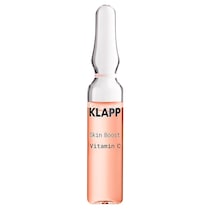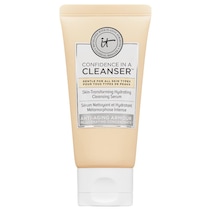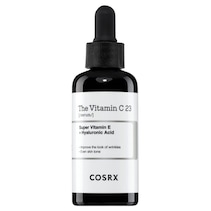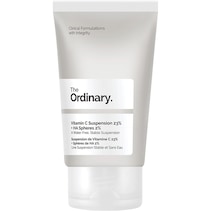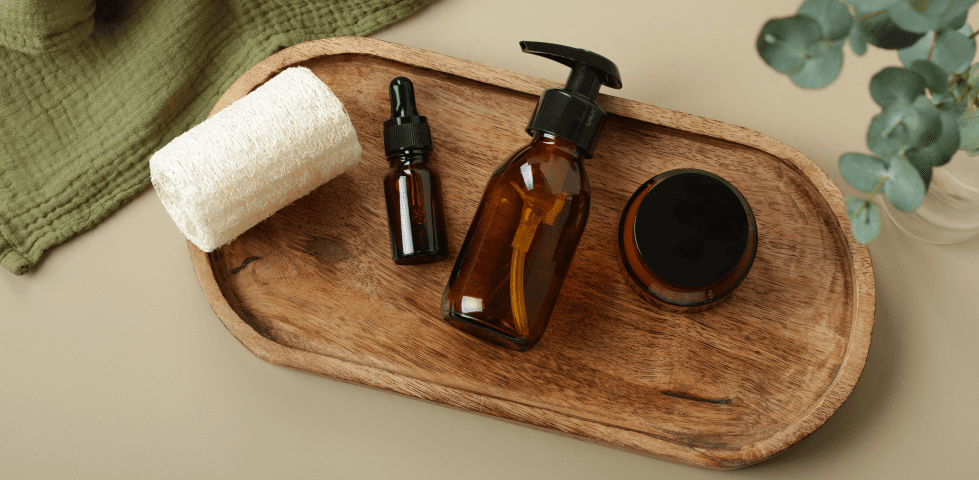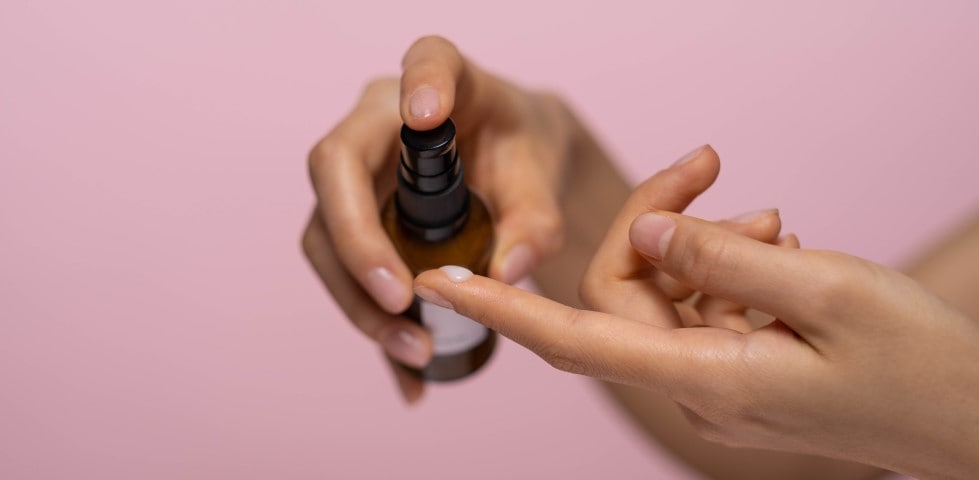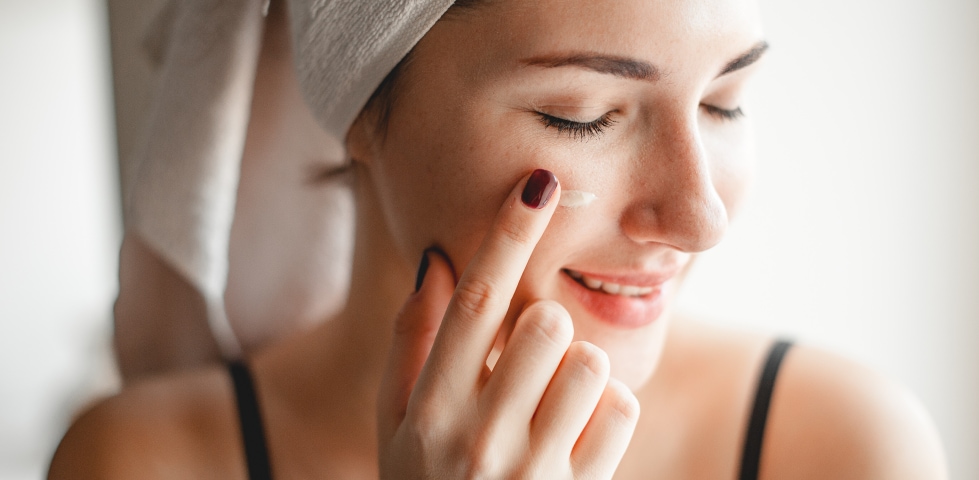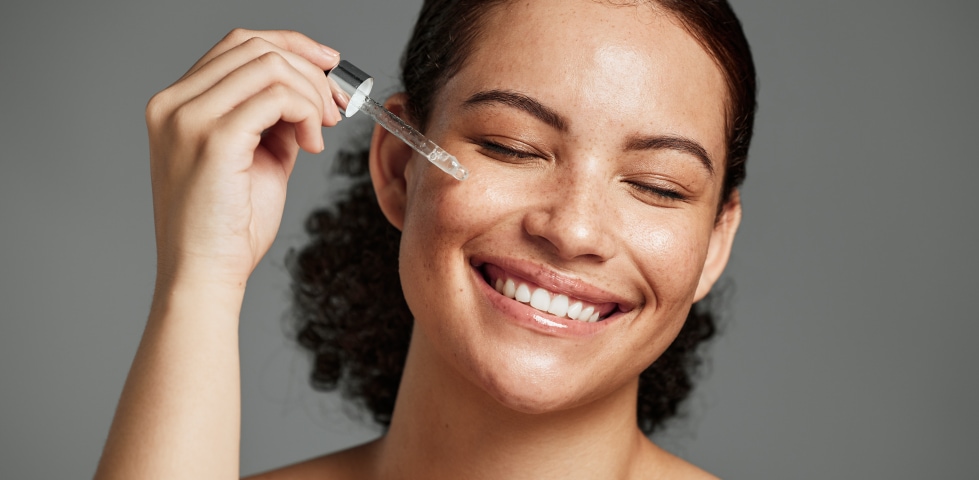
Retinol – a highly effective beauty booster for your skin
Whether day cream, eye cream or serum – retinol is an ingredient found in many high-quality skincare products. The active ingredient, which belongs to the important group of A vitamins, makes an important contribution to maintaining the beauty of your skin. We explain what retinol actually is, how retinol works and how you can use it to maximise the benefits for your skin. With this beauty booster, your skin will look radiantly fresh and feel wonderfully soft.
27 June 2024 • 4 min. reading time
Table of contents
What is retinol?
Retinol is characterised by its lipophilic nature and, as a vitamin A derivative, makes an essential contribution to the regeneration of the skin. It protects the skin from drying out and gives it a smooth, soft feel.
The essential vitamin A is found in animals and human organisms. You absorb it directly when you eat eggs, fish and dairy products. Carotenoids from plant sources are so-called pro-vitamins and must first be processed in the body in order to release vitamin A. If you absorb too little vitamin A, the resulting deficiencies lead to night blindness and dull skin that is prone to keratinisation, wrinkles and flaking.
Retinol or retinoids: what’s the difference?
In everyday use, retinol is often equated with vitamin A. Strictly speaking, vitamin A is an umbrella term for a large number of natural and synthetic substances, which – depending on the underlying criteria – are also referred to as retinoids. All active substances in this group have a common basic structure and are fat-soluble. There are differences in their effects. Retinol is considered to be particularly active and therefore perfect for use in skincare and beauty products.
The infographic on the active forms of retinoids – of which retinol is one – shows you how the individual compounds are converted step by step into their actual active form. The more stages your body has to go through from retinol ester to retinoic acid, the weaker and slower the onset of action and effect.
What is the effect of retinol on skin?
Retinol is one of the most important and well-researched substances in dermacosmetics. As an antioxidant, it protects your skin from oxidative stress and reduces damaging environmental influences and processes that attack the skin structure. The active ingredient is suitable for the treatment of acne. If you use retinol regularly over a longer period of time, it can visibly reduce existing wrinkles. Other positive effects of retinol on your skin include:
- protecting against infections, dehydration and loss of elasticity
- increasing firmness by restructuring the skin’s own structural proteins, including collagen and elastin
- reducing wrinkles and scars by stimulating the formation of collagen
- reducing pigmentation disorders
- contributing to the shedding of dead skin cells and the formation of new skin cells
Different concentrations and doses of retinol
Depending on the individual potency, high-quality cosmetic care products contain both retinol esters and retinol. With retinol, excellent results can be achieved in the field of anti-ageing care, which manifests in a visible improvement in the appearance of the skin. Retinoic acid, on the other hand, is used exclusively in prescription medicines prescribed by dermatologists for the targeted treatment of severe forms of acne.
The best results are achieved with products that actually contain retinol as an ingredient. Retinol ester is considered more skin-friendly, but has a weaker effect. If your skin reacts very sensitively to skincare products, retinol ester can be a sensible alternative to retinol. You can recognise retinol ester on the list of ingredients by the designation “retinyl”.
The following active substances amplify the effect of retinol:
- Hyaluronic acid: As a natural component of human connective tissue, hyaluronic acid is able to bind large amounts of water and thus increase the firmness of the skin. In combination, retinol and hyaluronic acid increase the elasticity of the skin, have a firming effect and hydrate the skin.
- Vitamin C: Like hyaluronic acid, the antioxidant vitamin C protects the body’s cells from free radicals, reduces hyperpigmentation and stimulates collagen synthesis. As ingredients in skincare products, they amplify each other’s effects.
- Niacinamide: The vitamin B3 derivative niacinamide helps to improve the skin’s natural protective barrier, counteracts skin dehydration and reduces the signs of increased pigmentation. Thanks to its skin-soothing effect, niacinamide can increase tolerance to retinol as an ingredient.
Products with retinol
Products with retinol
Retinol – use in practice
In order for retinol to develop its full effect against acne and for younger-looking skin, it is important to use skincare products with retinol correctly as part of your daily beauty routine and not to use too much of the active ingredient.
Retinol and the sun: what you should know
Retinol is sensitive to light and its effectiveness is impaired by sunlight. If you use products with retinol, your skin becomes more sensitive to light – even if only temporarily. This is due to retinol’s effect of replacing old, dull skin cells with new, sensitive ones.
You can also use retinol in summer and during winter sports, though ideally only in reduced doses, for example only once a week instead of three times a week, and in reduced concentration. Only use retinol in the evenings. If your skin reacts sensitively to the combination of retinol and sun, you should avoid retinol in summer and use more special care products for sensitive summer skin that moisturise your skin and promote skin regeneration.
To compensate for your skin’s sensitivity, it is important that you choose sunscreen products with a higher sun protection factor than usual and reapply regularly. When using retinol, it is best to use a sunscreen with a sun protection factor (SPF) of 50.
High-quality care products with retinol
To supply your skin with retinol, you have a choice of different skincare products that can be perfectly tailored to your skin’s needs and easily incorporated into your beauty routine:
- Highly concentrated anti-ageing skincare products: These contain retinol in high concentrations and – with regular and long-term use – reduce wrinkles and pigment spots. They make the skin firmer and more even.
- Special anti-ageing products for the sensitive eye area: Retinol minimises signs of tiredness and stimulates microcirculation to reduce dark circles. You will often find care products with the active ingredient combination of retinol, hyaluronic acid and caffeine, which are characterised by a skin-stimulating, moisture-retaining and revitalising effect.
- Deep-acting intensive care: In the form of creams and serums, this is the key to success for all those who seek the firming and complexion-boosting effect of retinol from a young age. The active ingredient is released gradually, supplying the skin with retinol over a longer period of time and promoting skin regeneration. The complexion will appear more even and fresher.
Anti-ageing
Eye care
Serum
Conclusion
Retinol belongs to the group of retinoids and is one of the most effective beauty boosters for beautiful skin. To achieve visible effects, it is crucial that you use retinol creams and serums regularly over a long period and combine retinol with other skincare ingredients and antioxidants. To ensure that retinol does not lose its effect, high-quality sun protection is essential. If your skin reacts sensitively to retinol, the weaker retinol ester (retinyl) is a good alternative so you can still benefit from a better complexion.


